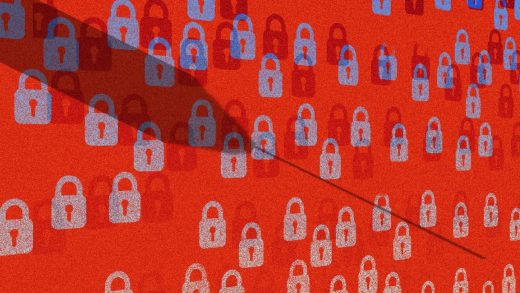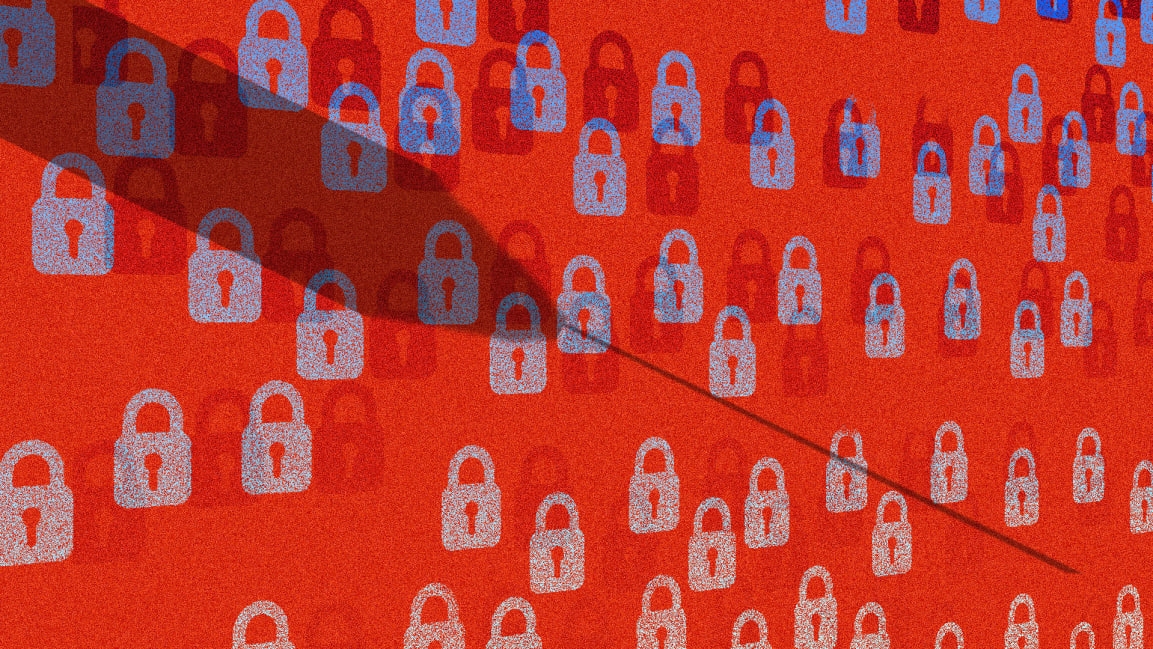Lockdowns and no medical coverage: Countries’ limits for the unvaccinated are growing more draconian
Governments around the world are finding themselves with a tough choice. Some have achieved vaccination rates as high as 90%, with maybe a few percent more claiming an exemption to the shot. But what should they do about the rest—those unvaccinated by choice?
Austria has answered that question today by imposing a nationwide lockdown on its unvaccinated citizens—who equal almost one-third of the population—as the country’s infection rate creeps higher right alongside the rest of Europe’s. Just 65% of Austria’s population is vaccinated, among the continent’s lowest rates. However, swapping carrots (such as cash rewards for getting vaccinated) for more draconian sticks is becoming more common. These are some of the countries where life’s starting to look different for the haves and have-nots when it comes to vaccines.
Austria
Under Austria’s new rule, unvaccinated people can only leave their homes for a limited number of reasons—mostly to work or shop for food. In theory, police will be carrying out spot checks to ensure people wandering around in public are complying. Anyone caught breaking the rules could be fined up to €500, or €1,450 if they refuse to let officers check their vaccination status. Critics argue the move is unconstitutional. The BBC says protesters assembled over the weekend, in the waning hours before the lockdown began, waving signs that read, “Our bodies, our freedom to decide.”
Germany
Austria’s next-door neighbor is being roiled by similarly high COVID numbers. In October, the government ended quarantine pay for the intentionally vaccinated, and last week, after months of offering free COVID-19 tests to all German citizens, it announced that adults who refuse to get vaccinated would be excluded from this, too. For everybody else, including children, pregnant women, and those with medical exemptions, a weekly antigen test will still be available for no charge. Some cities have passed additional limits. For example, the unvaccinated are banned from Berlin’s bars, restaurants, and gyms citywide starting today.
Italy
Last month, Italy took a big step for western nations. It began requiring citizens to carry a government-issued “green pass.” This certifies the carrier is either vaccinated or recently tested negative or recovered from coronavirus, and it’s now mandatory for any Italian hoping to enter one of the country’s restaurants, bars, movie theaters, museums, or gyms. Soon it will also be mandatory for travel, and even to work some jobs. The government’s goal is to see if stubborn citizens will reconsider if their vaccine refusal stands in the way of their paycheck.
Singapore
Last week, Singapore announced a different approach: Not limiting unvaccinated people’s freedom to go where they want, but instead their ability to demand the government cover their medical costs in the event they get sick. Beginning on December 8, people who are “unvaccinated by choice” will have to start paying for their own COVID-19 treatment, citing the strain they are putting on the nation’s health care system. Up until now, the government has covered all medical costs for Singaporeans, but it said in a statement: “Currently, unvaccinated persons make up a sizable majority of those who require intensive inpatient care, and disproportionately contribute to the strain on our healthcare resources.”
Australia
Individual states in Australia are also unveiling restrictions for unvaccinated people. Queensland will ban them from restaurants, bars, and sporting events starting December 17. That’s the worst of it for now, despite a viral fake news story that’s apparently been circulating. It contends that Australia is now freezing the bank accounts of unvaccinated citizens so that “they can’t buy or sell until forced into submission.” The government tells USA Today it’s definitely “not freezing the bank accounts” of unvaccinated people—though it is true that some Australian states have mulled garnishing wages in order to collect unpaid COVID fines.
China
China’s zero-COVID policy has made lockdowns a regular feature of the recovery for citizens. Since the summer, the governments in at least eight provinces have enacted rules restricting unvaccinated residents’ ability to access various public amenities and services—everything from public transit and schools to hospitals. It fits into the Beijing government’s broader goal of reaching so-called herd immunity nationwide by December.
The slight irony is that all of this comes at the exact time another subset of countries is loosening travel restrictions for the first time, one of the easiest ways to spread COVID-19 transmission. A week ago, the U.S. reopened its borders to travelers from Europe, which has become COVID’s global epicenter. Meanwhile, the Indian government says the world’s pandemic recovery looks good enough that tourists from an approved list of 99 nations can now visit quarantine-free, too.
Fast Company , Read Full Story
(47)



